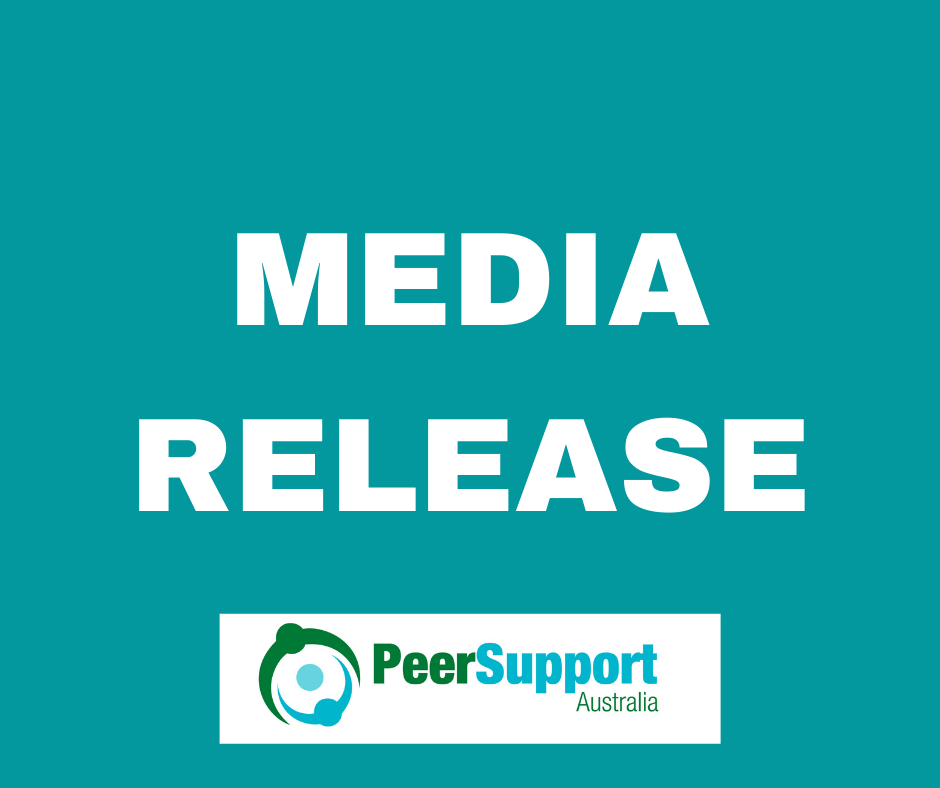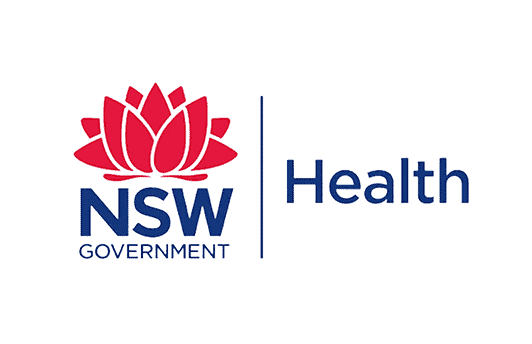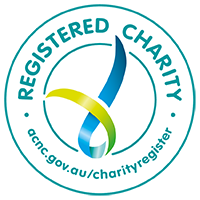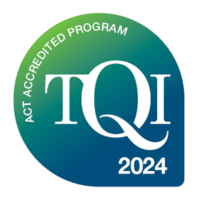SCHOOL PEER SUPPORT PROGRAMS CAN BUILD AUSTRALIAN STUDENT RESILIENCE IN THE WAKE OF COVID-19
Professor John Toumbourou, Deakin University Chair in Health Psychology said today that “there is an urgent need for school programs to rebuild the wellbeing and resilience of Australian students in the wake of COVID 19. Peer support offers a model to improve wellbeing programs and reach large student populations”. His comments follow the release of a research report evaluating the effectiveness of Australian peer support programs.
Working closely with Deakin University’s Centre for Social and Early Emotional Development (SEED), Peer Support Australia commissioned the “Promoting positive youth development in schools: A program logic analysis of Peer Support Australia”. The report analysed the effectiveness of Peer Support Australia’s programs in the education sector.
Professor Toumbourou, was the lead investigator of the report said the report provided strong evidence about the effectiveness of peer support modules and delivered clear, evidence-based recommendations for Peer Support Australia.
“Peer mentoring programs result in a range of health and social benefits which become clearer when programs are clearly structured. This is something Peer Support Australia excels at in its core areas of resilience, character and positive development. The programs have the potential to be further enhanced to reach more students and involve them in implementing prevention programs in their school and community,” Professor Toumbourou said.
“Given their evidence in improving student mental health, I would urge education providers to use these programs to build student resilience in the wake of COVID-19.”
Greg Cantwell, the CEO of Peer Support Australia said the report was commissioned as part of the 50th anniversary of our organisation and summarised the sustained innovation Peer Support Australia has achieved in the field of youth wellbeing.
“Since 1971, we have always operated with the vision that through wellbeing, every Australian student can reach their full potential,” Mr Cantwell said.
“This report demonstrates the effectiveness of our peer support programs and how we have maintained our industry relevance and title over the past 50 years.”
This year, Peer Support Australia will look to continue on its path of innovation and commitment to providing holistic programs to engage with school communities.
To read the full Promoting positive youth development in schools: A program logic analysis of Peer Support Australia” report click here.
To learn more about Peer Support Australia, head to www.peersupport.edu.au.
ENDS
For more information, please contact Porter Novelli:
Andrew Giddings Madison
West
0413 062 704 0433 583 011
agiddings@porternovelli.com.au mwest@porternovelli.com.au




